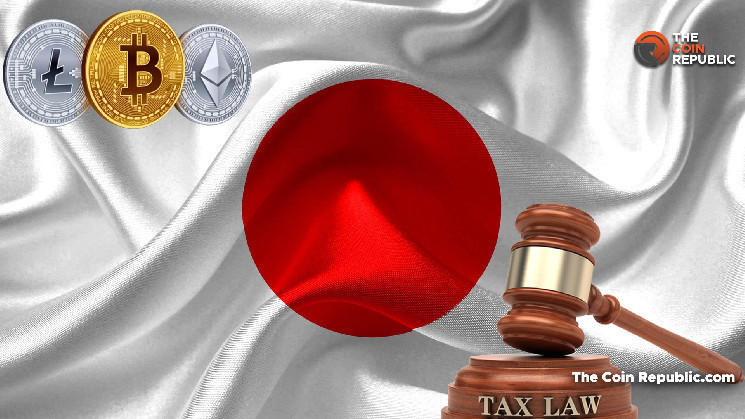For the first time, the East Asian nation of Japan succeeded by attracting cryptocurrency users with its innovative ideas. Recently, in an event called “Digi Takoshein in the summer of 2022,” the Japanese Secretariat awarded the nine mayors in Japan with non-fungible tokens (NFTs). The mayors of Japan took the step to promote the utilization of digital technology in their local communities and to solve issues with those who are unaware of digital technology.
The NFTs used in the award ceremony are based on the Ethereum blockchain platform, Proof of Attendance Protocol (POAP) technology, a blockchain protocol used to engage with the audience by the event organizers to create a customized experience for the audience.
The award ceremony was made successful by the sponsorship of four popular technology companies: Indiesquare, Bitflyer Holdings, Tree Digital Studio, and Tomonai Koger. As per the country’s reports, the Indiesquare “Hazama Base” introduces the methods to issue and distribute the NFTs safely without any code. A few months back, the Hazama Base platform distributed the NFTs in an event conducted by the Liberal Democratic Party Youth Bureau.
Japan became the first nation in East Asia to award those administrators who have majorly contributed to developing technology in rural areas of the country. Sakata Yamagata, one of the nine mayors who implemented the technology in daily life, introduced electric vehicles to local deliveries. Maebashi Gunma came up with the creative idea of tracking the changes in traffic conditions in advance by using the mobile camera.
The national government took the step to regulate the crypto assets held by the government and to sell the goods. In different interviews, Kishida shared his interest in using and promoting NFts. The Digi Takoshein award ceremony became the best example of using NFTs in the country.
The Digi Takoshein program was under the theme of Digital Garden City National Concept. The reason behind the introduction of Digital Garden City by the Kishida government is to transform the rural areas of Japan into digitized regions. The new policy helps to solve the social issues of rural areas that are facing basic digital needs.
Fumio Kishida wants to transform rural areas into digitized regions and to connect rural areas around the world. The government intends to make rural people’s lives more comfortable and compatible with the upcoming younger generations. And the government promised to achieve 90% of 5G coverage by 2023 in the country.
 thecoinrepublic.com
thecoinrepublic.com
